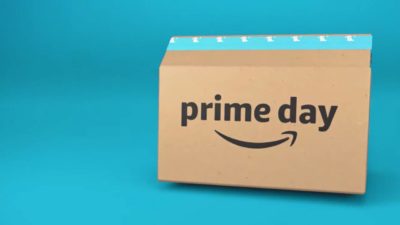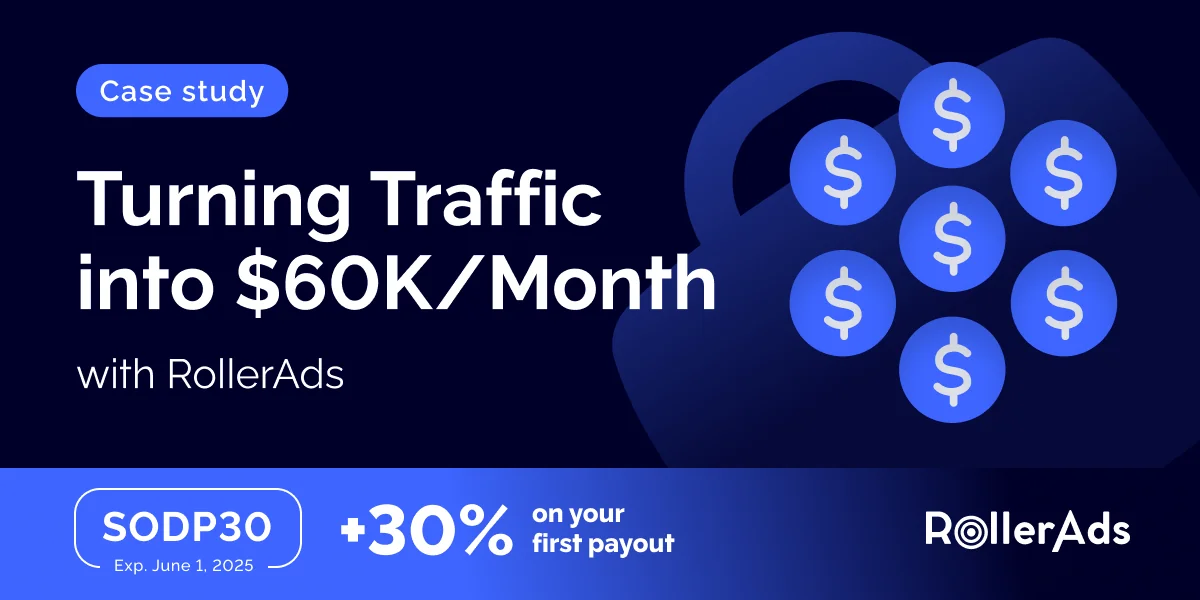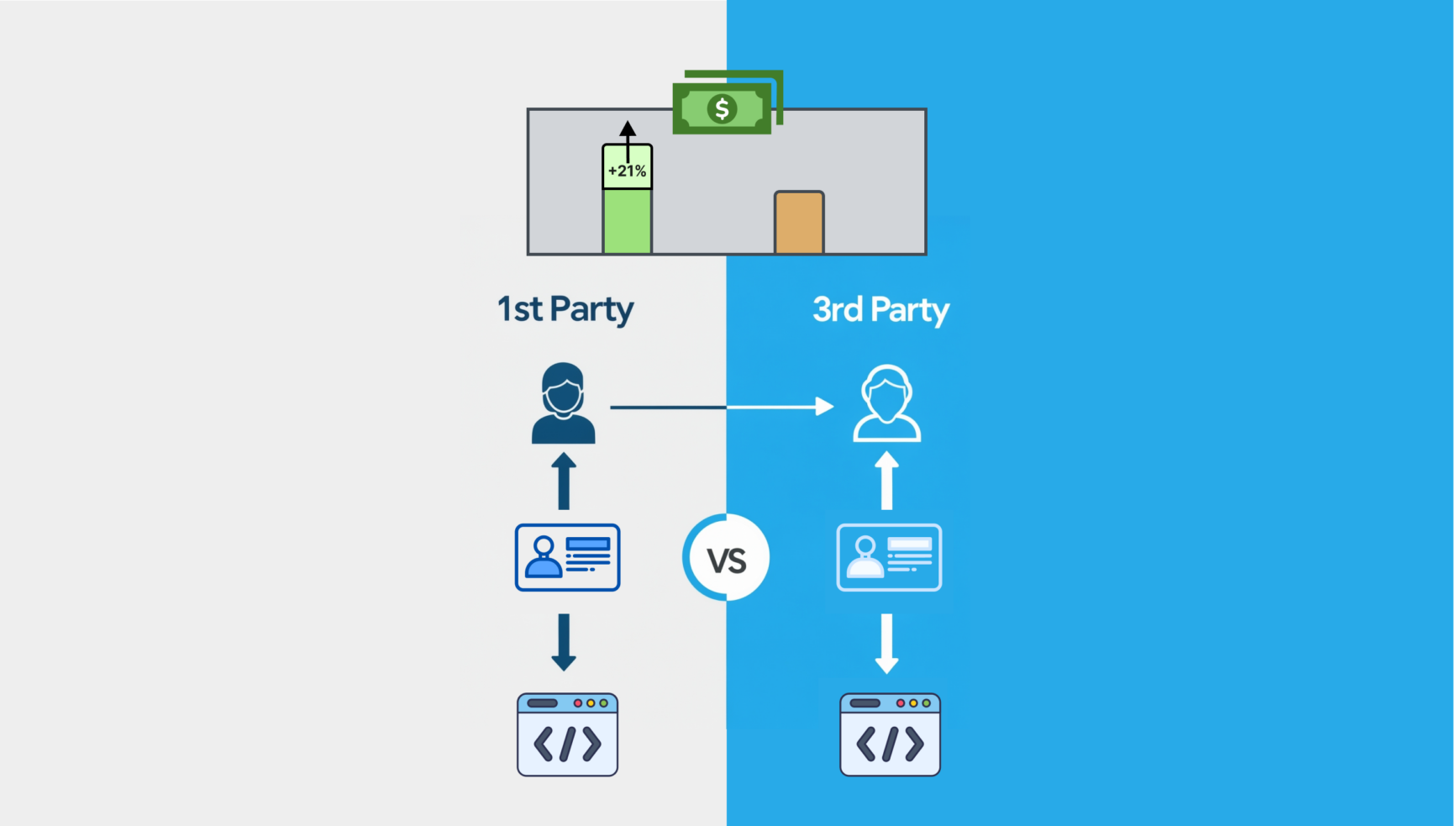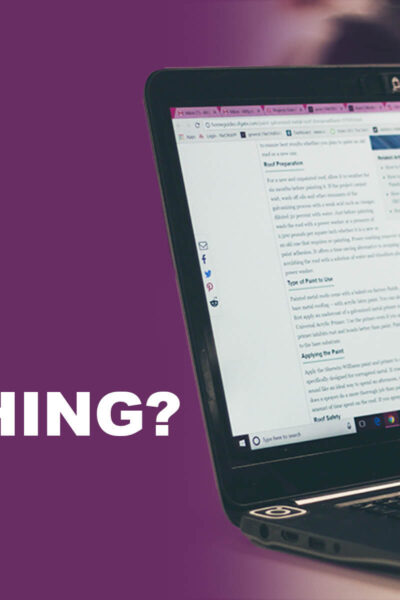What’s Happening:
Amazon Prime Day brings much competition among digital publishers looking to win the affiliate war with consumers, and offer the best deals possible. But Amazon came under fire on Prime Day 2019, as its workers were on strike for higher wages and better working conditions.
Why it Matters:
The shopping “holiday” created by Amazon has extended from just Prime “Day” to encompass a full 48 hours, and many major media organizations have increased their participation in the event. Verizon Media Group, the owner of AOL and the Huffington Post, among others, tripled its participating sites this year to include TechCrunch and Yahoo’s Finance, Sport and Lifestyle verticals.
Publications rushed to promote Prime Day and get their share of the consumer pie from it, but some faced audience backlash from readers who support the protesting Amazon employees. Some consumers were tweeting messages such as, “Support the workers, not Amazon.”
Digging Deeper:
WARC data shows that in 2018, Amazon Prime Day generated 8.7% more transactions than Black Friday and Cyber Monday, despite receiving 1.4 million fewer visitors to the site, making it the site’s most valuable shopping holiday. Yet at the same time, employees in the United States, Germany, United Kingdom, Spain, and Poland organized strikes against Amazon in search of better working conditions and wages. With much of the public supporting the workers, some pushed back against the marketing promotion, coverage and deal offerings of Prime Day.
During the promotion, digital publications curate Amazon’s best deals and include links to those products, and if a reader clicks the link and makes a purchase at Amazon.com within 30 days, the publisher receives a portion of the commission on that sale. This affiliate revenue has been an important source of monetization for many publications over the past 10 years; for example, The Logic reports that affiliate revenue from the Wirecutter gadget review site at The New York Times hit $15.5 million in the last quarter of 2018. As well as revenue, the benefit to publishers involves collecting significant amounts of valuable data, feeding into affiliate conversion strategies.
Business Insider Australia reached out to Amazon for a response to the backlash, which did not immediately garner a response from the retail giant. But previously, an Amazon representative told Business Insider that “these groups are conjuring misinformation to work in their favor, when in fact we already offer the things they purport to be their cause – industry-leading pay, benefits, and a safe workplace for our employees.”
Besides the question of Amazon reaping higher profits while its workers ask for better wages and conditions, there are other ethical considerations with this affiliate commission-sharing practice between Amazon and digital publishers. Reporters and editors may be incentivized to highlight Amazon products that will generate the most clicks and revenue, editorial independence and integrity comes into question.
Content from our partners
The Bottom Line:
While Amazon Prime Day offers a multitude of marketing, revenue and data-collecting opportunities for digital publishers, these considerations of how the public reacts to Amazon’s employee benefits in comparison and the potentially blurred editorial line the event represents should be raised before proceeding.












